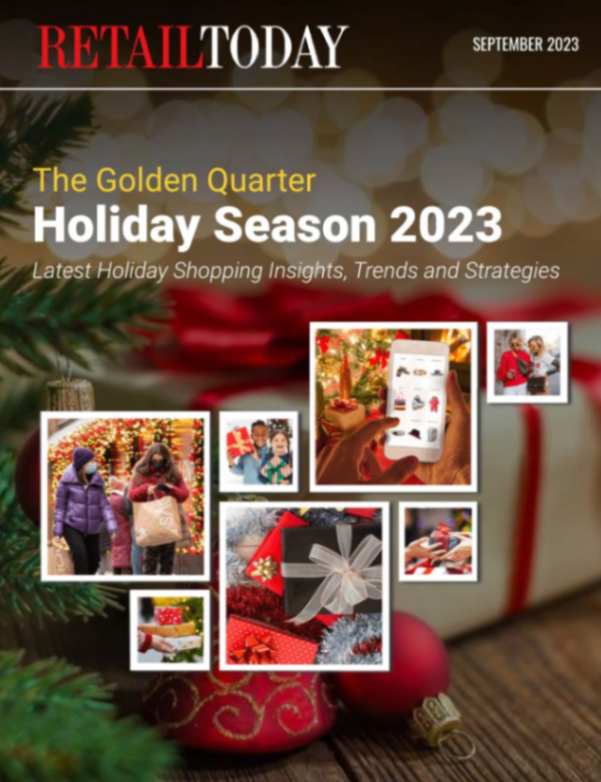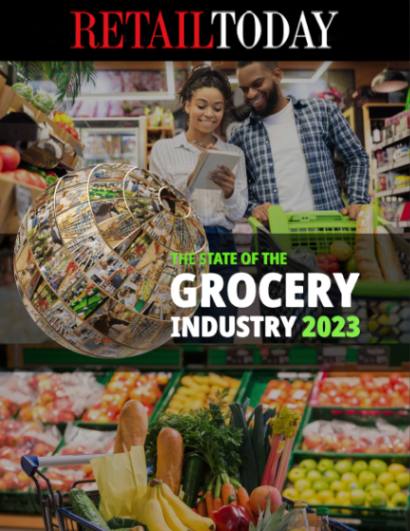To help its CPG and retail customers invest marketing budgets wisely and better target those shoppers most likely to buy their brands, Catalina, the market leader in shopper intelligence and personalized digital media, has taken a deep dive into its unprecedented Buyer Intelligence database to identify hot shopping trends related to three categories poised for explosive growth over the next decade: Cannabidiol (CBD) Products, Plant-Based Foods and Premium Pet Food.
Catalina captures up to three years of purchase history, including two billion Unique Product Codes (UPCs) scanned daily.
“Our insights help CPG brands and retailers identify and understand what trend-forward shoppers are discovering in-store, while our audiences and targeting solutions enable them to introduce these valuable buyers to products we know they will love based on their purchase behavior,” said Marta Cyhan, Catalina’s Chief Marketing Officer. “By knowing which audiences have an affinity to buy in a given category – and where – we can advise customers how best to focus their marketing dollars – and offer the right assortments – so these trend-forward buyers find what they’re looking for. Right now, there are huge opportunities in the CBD, plant-based and premium pet food categories.”
CBD Shoppers Soar By 510% — With Purchasers Now More Likely to Be Older, Suburban, Female Parents
The buzz around CBD products is mounting across the U.S. as recognition and acceptance of its health-related benefits continues to spread. In fact, the number of CBD shoppers over the past year has increased a whopping 510 percent.
While state regulations on hemp-derived, ingestible CBD products currently vary, the Food & Drug Administration has approved all topical CBD products at the federal level. Even as CBD regulations continue to confuse consumers, studies show that interest in the category continues to bloom exponentially – with manufacturers introducing more CBD-infused topicals (analgesics, joint relief, lotions and creams), supplements, beverages and even pet care products.
Per Catalina’s Buyer Intelligence database, nearly all CBD shoppers (98%) currently purchase in just one category – and are more likely to put CBD products on their bodies rather than in it. Consider:
- 77% of CBD shoppers now buy topicals, 15% supplements, 5% beverages and 4% pet care products containing CBD.
- On average, the CBD buyer is currently only making 1.2 purchases per year, which represents a tremendous growth opportunity.
- Check out the shopping cart of a typical CBD buyer and you will see a keen desire to feel better; they tend to also purchase a range of non-CBD products for aching joints, bath salts, sleep aids, multi-vitamins and health-related supplements.
- While young, urban, male single households have historically consumed more CBD-infused products, new CBD purchasers are more likely to be older, suburban female parents (source: Numerator Insights).
Watch Out Greek Yogurt: Plant-Based Fans Don’t Just Buy Meatless; Non-Dairy Yogurt Buyers Accelerate 45%
On the plant-based product front, the number of buyers has increased 16% for meat substitutes and 7% for milk alternatives over the past year.
Per Catalina’s Buyer Intelligence database, people who want to cut back, but not cut meat out of their diets, are driving the plant-based movement into the mainstream. This broadening group now includes vegans and vegetarians, as well as health-seekers, flexitarians, and “earth-friendlies” (committed to sustainability).
- Within the 16% increase in buyers in the meat substitute category vs. a year ago, shelf-stable and refrigerated products have seen a 39% increase, with frozen products up 8%.
- The fastest growing plant-based category is dairy-free yogurts (almond, coconut, soy), up 45% in number of buyers.
- Meat substitute heavy buyers are more than 2.5 times more valuable than the average meat substitute shopper: they make more than 14 trips to the store each year to buy frozen products and 12 trips to buy refrigerated ones.
- Meat substitute enthusiasts spend an average of $125.90 on frozen products and $105.37 per year on refrigerated items in this category.
Heavy Buyers of Premium Pet Food are 3x more valuable than the average buyer of premium pet food
Again, per Catalina’s Buyer Intelligence database, the country’s love affair with its pets continues to deepen, as more is being spent on the health and wellness of dogs and cats – in that order.
- Sales of premium pet food and snacks are on the rise, with a 35% spike in dollar sales for refrigerated dog food and an 8% increase in refrigerated treats. Meanwhile, wet premium cat food sales increased by nearly 2%.
- Heavy buyers of premium pet food are three times more valuable than the average buyer of premium pet food, making 18 trips to the store to buy pet food each year and spending an average of $238.
- There is a high correlation between having a pet and being prepared to clean up after them, with pet parents buying a range of rug and upholstery cleaners, deodorizers, air filters, floor wax and more.
“We are excited to have unearthed these insights, which are already inspiring recommendations for cross-promotion and merchandising to drive sales even higher,” added Cyhan. “For instance, pet parents are more likely to be moving to plant-based diets. And about two-thirds of shoppers who buy CBD pet care products also regularly buy plant-based milk alternatives, while more than one quarter also buy milk alternatives.”





